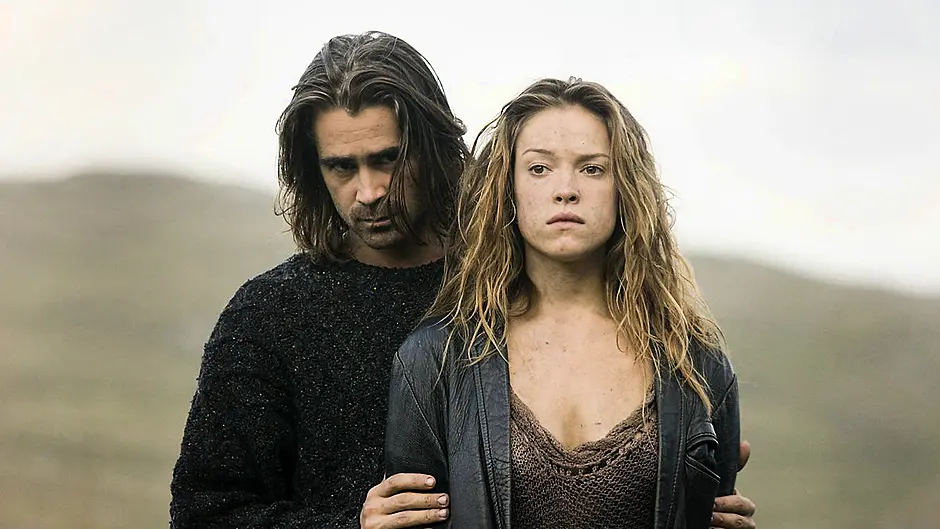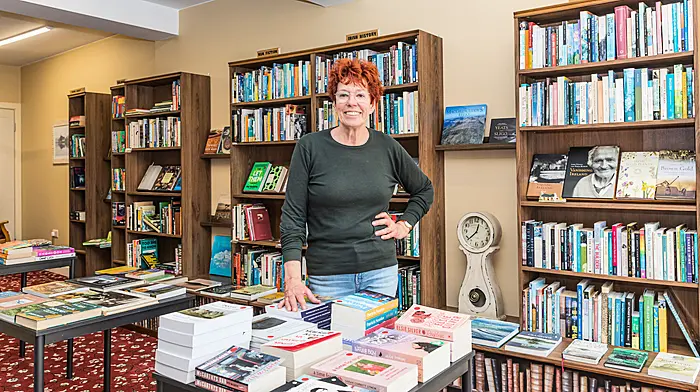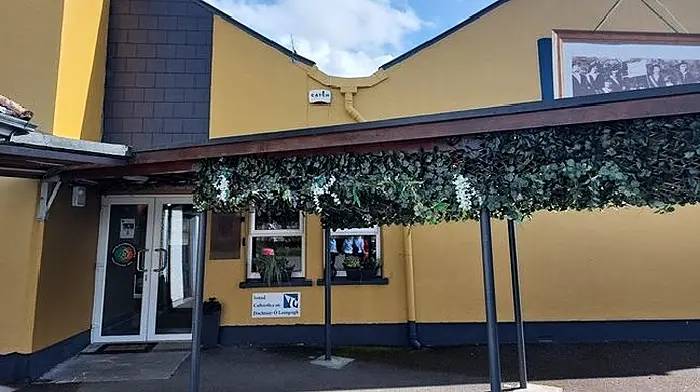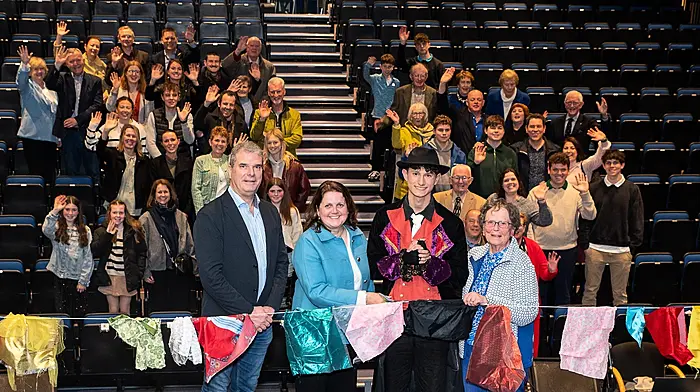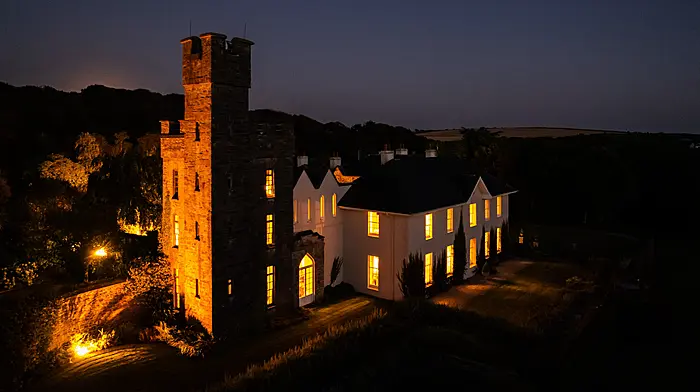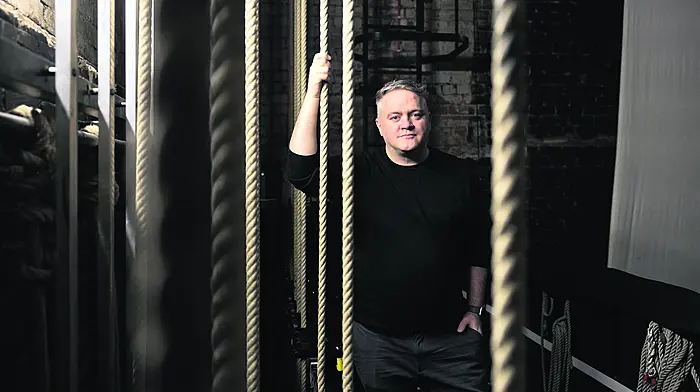The Southern Star's resident film buff Dylan Mangan is revisiting some classic films that were set in or are heavily influenced by the great county of Cork. So far, we’ve covered The Wind that Shakes the Barley, Michael Collins, War of the Buttons and The Young Offenders – to close the series we’re taking a look at Ondine (2009) by Neil Jordan.
Set and shot almost entirely in and around Castletownbere, Ondine is a modern-day fairytale about a fisherman (Colin Farrell), his daughter (Alison Barry), and a mysterious woman (Alicja Bachleda) fished right out of the sea.
Syracuse – or Circus as he’s called by others in the town – is a recovering alcoholic who gave up drink to make sure he’s there to care for his daughter, Annie, who needs a liver transplant and is confined to a wheelchair.
He can’t seem to do anything right and is a bit of a loner – until he’s out one day and finds a woman in one of his nets. In a miracle of sorts, he resuscitates her, and she seems just as surprised to see him as he does her.
The woman asks Syracuse to call her Ondine, and to make sure nobody else sees her. He hides her in his mother’s old house on Bere Island, and away the film goes.
Ondine is a film which can't quite decide whether it wants to be a comedy, fantasy, or thriller, so ends up trying to be all of them at once - without fully succeeding at any.
It begins as a heartfelt fantasy, and is good value for money as it appears that Ondine is not your average woman who's just mysteriously and miraculously appeared from the sea, but a selkie, or mythologyical seal-woman for the uninitiated.
Celtic and Irish mythology can be notoriously difficult to adapt for the big screen.
Ancient folklore wasn’t particularly concerned with continuity or making sure things made sense – so it seems unfair to focus on all the flaws within the film, but there are some which can’t be ignored.
For a town that doesn’t have many amenities other than pubs – a feature referenced throughout the film – this fictionalised version of Castletownbere luckily happens to have one of the best libraries in the world, with encyclopaedic offerings on selkies which allows Annie to know more about them than anyone else ever.
West Cork's beauty is captured at every opportunity, with Pulleen Harbour, Roancarrigmore Lighthouse, Bantry Bay, Ardnakinna Lighthouse all featuring to great effect.
The cinematography adds to the fairytale, and the first half of the film is successful in melding reality and fantasy.
However, as the story progresses it moves away from selkies towards the quotidian world, which as Annie helpfully explains (she does this a lot) is the one we live in.
It's a disappointing change of pace as the film transitions from warmth and wonder into a more brutal, dark reality.
Her knowledge comes in handy as Syracuse struggles to understand his newfound love and lease on life.
In lieu of a local AA meeting, he visits his parish priest to get things off his chest.
‘Misery is easy, happiness you have to work at,’ says the priest/counsellor/sponsor, who is a highlight of the supporting cast and brings a comedic subtlety to proceedings.
It's after this conversation that things start to unravel, as the realities of our world clash with the imagination of the fantasy one - and perhaps as Syracuse realises the work required for happiness.
However, even in those realities the film requires a suspension of disbelief that is difficult to maintain, as the introduction of a certain drug-related storyline is harder to stick with than a mythologyical selkie story.
There are, of course, positives. Colin Farrell is excellent as always, and Alison Barry gives a great performance in spite of her sometimes clunky dialogue.
It's definitely worth a watch, but does struggle to hold you until the end.
Sometimes it can be hard to tell if a film doesn't work because it lost your attention or because you didn't watch attentively enough.
In this case, it may be a bit of both.

